
Asia Mieleszko
Asia (pronounced "ah-sha") Mieleszko's career refuses easy categorization. It's taken her from researching Ukrainian folk traditions to covering infrastructure policy, from performing on the world's biggest stages to documenting underground music scenes. The through line: She's a storyteller, endlessly curious about how people and places come to be what they are.
At Strong Towns, Asia brings together curiosity, analytical rigor, and deep empathy to examine the forces shaping our built environment. In Stacked Against Us, she guides listeners through the labyrinth of housing, finance, and local governance, revealing both the systems stacked against communities and the openings for meaningful action.
Off the clock, Asia can be found behind a camera, playing the accordion, or riding the rails across the country, always curious about the places and people along the way.
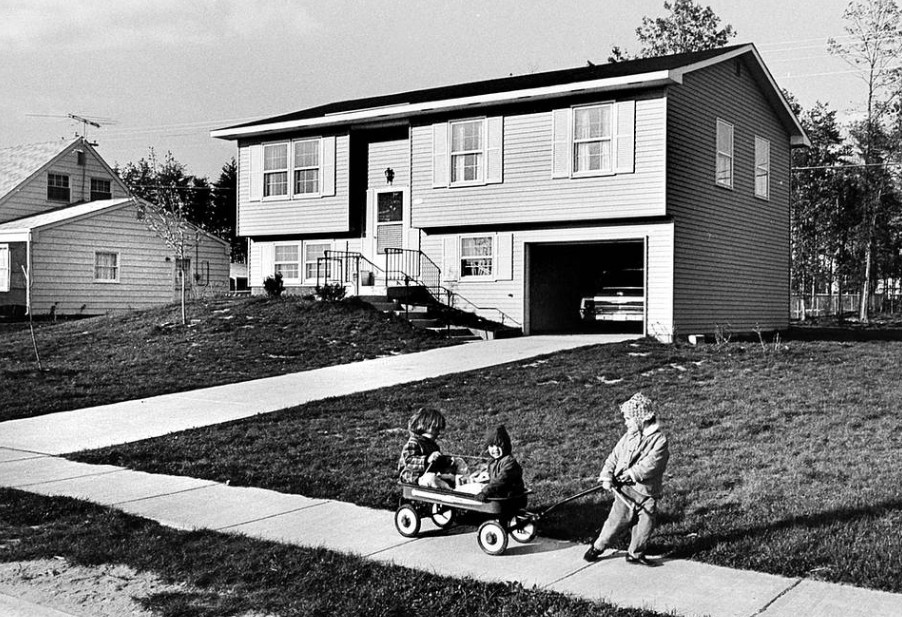
This Indiana city is no longer defined by what it lost, but by what its residents are building today.
.webp)
Rather than join the ranks of abandoned malls, Indianapolis' Glendale Mall demonstrates the promise of suburban retrofitting and the power of small, steady development over time.
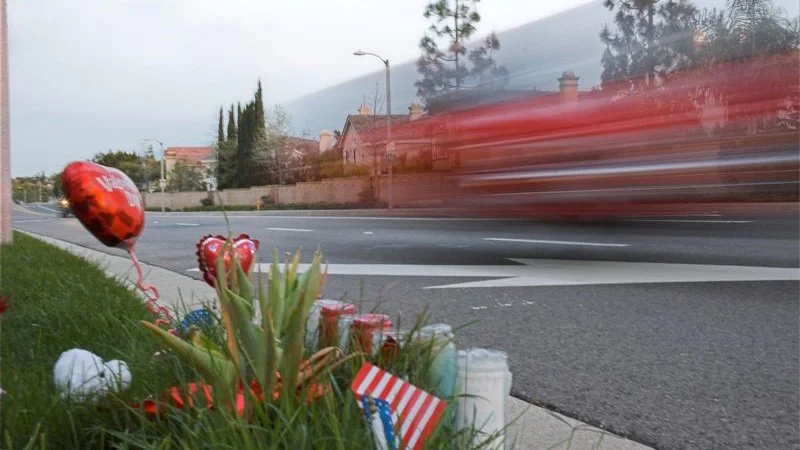
After 15 crashes in five years, Leawood, Kansas is starting to name street design as part of the problem. But safety can’t wait on slow, multi-year timelines.

Introducing Stacked Against Us: a podcast about how a national economic gamble broke housing, and why local resilience is the only way forward.
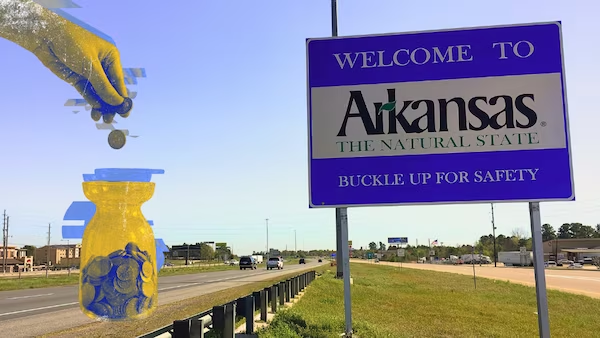
What the Finance Decoder revealed about Fayetteville, Springdale, and Siloam Springs—through the eyes of a local Strong Towns member.
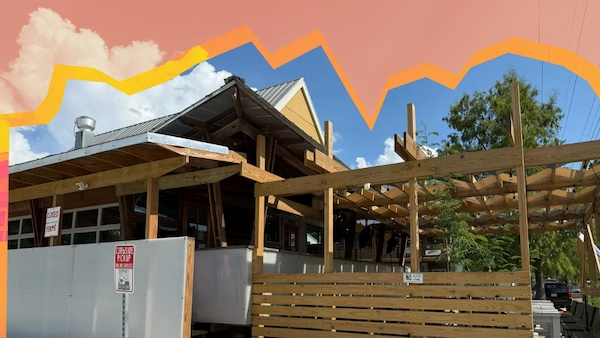
Slow permitting, shifting utility requirements, and inconsistent rules threaten the small-scale development that cities rely on. Here’s one developer’s story.
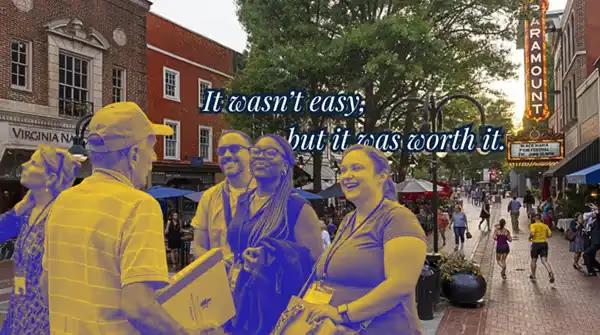
Charlottesville’s political wounds ran deep. Now, the city is turning to bikes, sidewalks, and street-level trust to chart a new course.

Every town will be asked to grow. Maybe not today, maybe not all at once. But when that moment comes, how will yours go about it?

On Ash Wednesday, 1966, a highway carved up New Orleans, taking families, flowers, and futures with it. Today, the attempts to rectify those wrongs stop short of actually treating the wound.

What do a taqueria, a bike shop, and an art center have in common? They’re all outpacing a retail giant when it comes to property tax revenues.
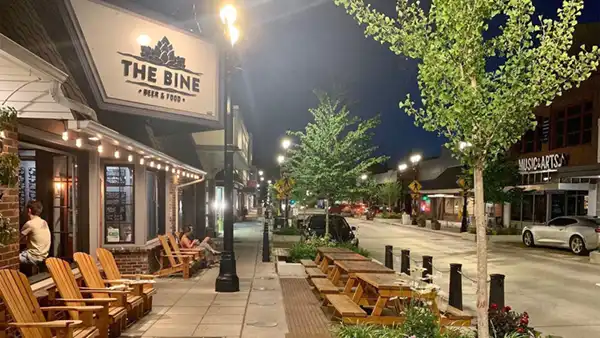
In three different states, one big idea is catching on: stop forcing parking where it’s not needed, and start building places people actually want.

As Norwalk navigates a housing crisis, one thing is clear: the path forward isn’t scale for scale’s sake—it’s building smarter, more affordably, and with the community in mind.